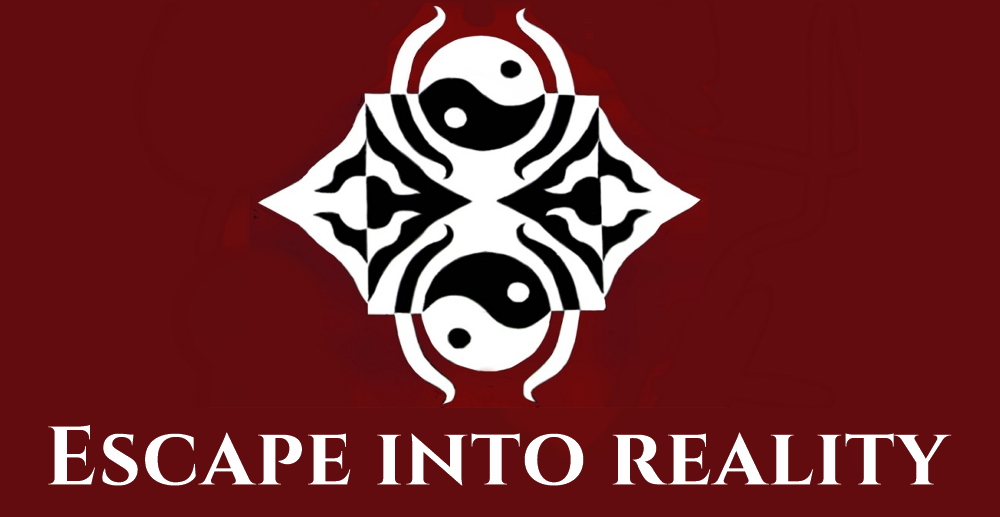 The telling of a terrible event seems somehow more compelling when done from the point of view of a child. We often assume that a child does not have the biases of an adult to color his perception. We also assume that he’s less likely to lie when recounting what he sees. On the other hand, lack of a life history may mean a child cannot fully understand the significance of what he has witnessed. He is a child, after all, ready to believe what he’s told by those he loves and trusts. In This Country of Men by Hisham Matar is told from the point of view of Suleiman, a nine-year-old boy.
The telling of a terrible event seems somehow more compelling when done from the point of view of a child. We often assume that a child does not have the biases of an adult to color his perception. We also assume that he’s less likely to lie when recounting what he sees. On the other hand, lack of a life history may mean a child cannot fully understand the significance of what he has witnessed. He is a child, after all, ready to believe what he’s told by those he loves and trusts. In This Country of Men by Hisham Matar is told from the point of view of Suleiman, a nine-year-old boy.
But a terrible event is terrible regardless of who’s doing the telling. And its impact weighs on a child just as much or more so than on an adult. Suleiman not only loses faith in platitudes he’s been taught, he’s also learned cruelty against those more helpless and unfortunate than he is. Just a few days after the event, he taunts a beggar, pushes him into the sea and delights in watching him struggle.
As an adult removed from the place where the event took place, he says the lasting effect of the event is a quiet panic that he is never really safe, that no one is immune to the madness cruelly, mindlessly inflicted on the innocent.
The terrible event is the public execution of a man, a university professor, who dares to believe in democracy. Accused of being against the revolutionary government of Libya under the “Guide” (Mouammar Qaddafi), he is taken to the gallows, beaten up until his humanity is reduced to a pulp.
He is pleading for mercy. The pleas are useless, of course and he is hanged, in front of a cheering, ululating public. As he dies, the boy sees vomit oozing from his mouth and urine staining his pants. As if it’s not enough to make a spectacle of the event in a national stadium where games are played and big speeches are sometimes delivered, it is the only broadcast one can see on television.
The executed man was a neighbor and a friend of the boy’s family. His son, Kareem, is the young narrator’s playmate.
Suleiman’s family is subject to the same fate as their neighbors because his father, Bu Suleiman, shares the executed man’s views. Bu Suleiman’s family has not seen him for a few days. He returns, badly battered, physically and spiritually, presumably by the same group that interrogated and beat up the university professor. Apparently, he doesn’t suffer the fate of his neighbor because he gave the names of a few members of the group of dissenters he belonged to. It’s a betrayal that caused many of his co-dissenters their lives.
Shortly after the event, Suleiman’s parents send him to Cairo to “visit” with another friend of the family. The “visit” probably lasts his lifetime. He could have chosen to return to Libya—once, Kareem asked him to come back because his mother is ill. But he doesn’t and he never sees his family again until 15 years later when his mother comes to Cairo to visit him.
What more is there to say about this novel? It left me depressed—and that’s on top of my depression over the nastiness, ignorance, and disrespect for truth I see in those who rule the country I live in.
The book is, to say the least, unsettling but wouldn’t you rather see and know instead of being kept in the dark?

